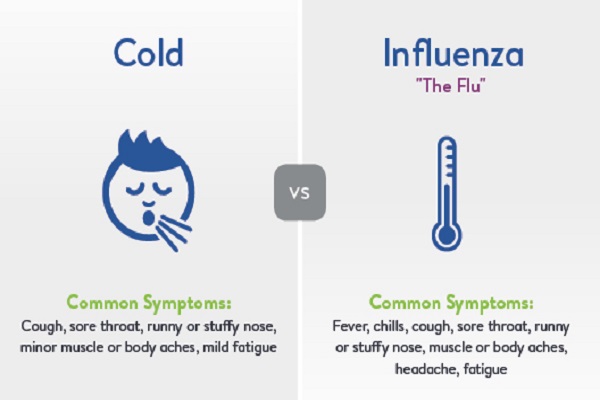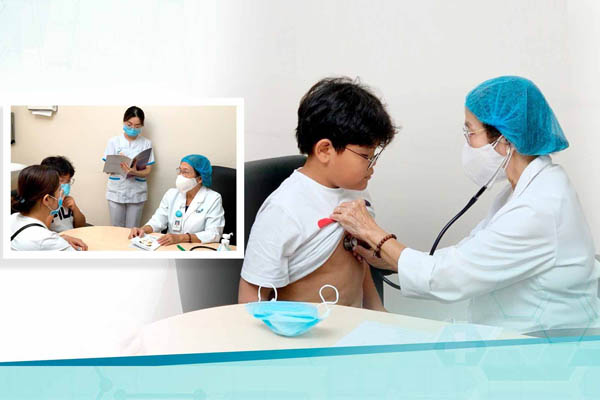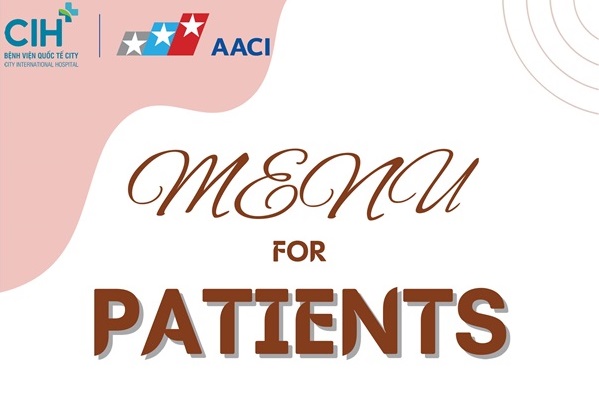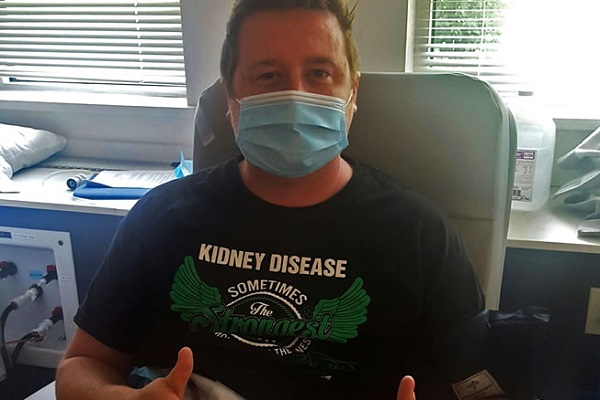Toddlers can experience numerous colds each year before they start school. However, influenza, or flu, can take these aches and pains to a higher and potentially much more serious level.
What is the flu in children?
Influenza (flu) is a very contagious viral infection that affects the air passages of the lungs. It causes a high fever, body aches, a cough, and other symptoms. It is one of the most severe and common viral illnesses of the winter season. Most children are ill with the flu for less than a week. But some children have a more serious illness and may need to be treated in the hospital. The flu may also lead to lung infection (pneumonia) or death.
it is common for very young children to experience illness many times each year due to their developing immune systems and a tendency to put everything into their mouths.
Symptoms
The flu is an acute, viral, respiratory infection that most people recover from in 3–7 days.
Symptoms of the flu in toddlers are similar to those of adults and may include:
- dry cough
- sore throat
- blocked or runny nose
- fever
- muscle aches
- headaches
- tiredness
When children get the flu, they are also more likely than adults to experience gastrointestinal problems, such as vomiting and diarrhea.
Difference between cold and flu symptoms
What appears to be flu symptoms in toddlers can be signs of other illnesses, such as a cold. Knowing what is causing a child's illness helps adults provide better care, promotes a better recovery, and reduces the risk of complications.
The following are key differences between cold and flu symptoms in toddlers:
- Speed of onset: If symptoms come on very quickly, it is more likely to be the flu.
- Fever and chills: A high fever and chills are more likely to be signs of the flu.
- Muscle aches: Aching muscles are more common in children with the flu.
- Headache: Headaches are more frequently with the flu than with a cold.
- Low energy and appetite: Children are typically more lethargic and less hungry with the flu than a cold.

Treatment
Children will typically recover in a week, but they may still feel tired for roughly 3–4 weeks. Key elements of successful home treatment include:
- getting plenty of rest
- drinking lots of fluids
- using ibuprofen or acetaminophen in pediatrician-recommended dosages
People should never treat a child's fever with aspirin due to its connectio to Reye's syndrome.
A doctor can offer treatment if it is needed. Toddlers who may be at risk of serious complications can take flu antiviral medication. However, this treatment is most effective if the child receives it within 48 hours of symptoms appearing.
When to see the doctor
It is common for children under 5 years of age to need medical care. If someone is concerned about a child's symptoms, they should consider taking them to see a doctor. Studies indicate 10–15% of children in the U.S. seek medical treatment each year because of the flu.
Seek medical attention without delay if any of the following symptoms develop:
- breathing difficulties
- chest pain
- severe dehydration
- confusion
- seizures
- a fever of 104°F or more
- chest pain
- lips or face turning blue
- no improvement with at-home care
A doctor will likely begin the diagnosis of the flu in a toddler by taking a complete medical history and a review of their symptoms. If needed, the doctor will test for the flu by taking a sample of the toddler's mucus from their nose or throat.
Risk factors
Even though most toddlers will recover quickly and without complications, the flu can be dangerous for some young children.
According to the Centers for Disease Control and Prevention (CDC), children aged 6 months to 5 years face a significant risk of developing complications due to the flu.
The illness results in between 7,000–26,000 child admissions to the hospital every year. Although it is very rare, the flu can be fatal for some children. According to the CDC, children are at a higher risk of getting the flu and experiencing complications when they have additional health concerns. These concerns include:
- asthma
- diabetes
- cancer
- immune system problems
- chronic lung disease
- heart disease
- kidney disorders
The CDC also state that children who are of Native American or Alaskan Native heritage are more likely to experience severe cases of flu than others. Researchers have found that children with asthma and preexisting neurological problems may also be more vulnerable to the complications that flu can cause.
For young children, potential complications are:
- pneumonia
- ear infections
- sinus infections
- seizures
Prevention
The CDC recommend that everyone, from age 6 months and aboveTrusted Source, gets a flu shot every year. Some young children may need two shots to receive full immunity.
Other prevention tactics include:
- washing hands regularly
- keeping all surfaces clean
- teaching children to cover their mouths when coughing
- using tissues after sneezing
Outlook
Although the flu can be dangerous for some, most toddlers will recover from the flu in a week or less. They can remain contagious for up to 1 week or longer after becoming sick.
A child should be free from fever for at least 24 hours before it is safe for them to return to nursery or childcare. However, some schools or childcare providers may have other specific rules.
If a person has concerns about any of the symptoms a toddler has, they should seek medical help.

For appointment or more information about the services provided by Pediatrics Department, please contact:
Head of Department: Dr. Nguyen Bach Hue
- Nurse Station: (8428) 6280 3333, ext. 8164
- Patient service: (8428) 6280 3333, ext. 8158 or 8191
- Operator: (8428) 6280 3333, ext. 0
- Address: No. 3, 17A Street, Binh Tri Dong B Ward, Binh Tan Dist. (Next to AEON Mall Binh Tan). Ho Chi Minh City.
- Website: https://cih.com.vn/en/
- Email: This email address is being protected from spambots. You need JavaScript enabled to view it.
Disclaimer:
As a service to our readers, City International Hospital (CIH) provides access to our library of archived content. Please note the date of last review on all articles. No content on this site, regardless of date, should ever be used as a substitute for direct medical advice from your doctor or other qualified clinician.



























